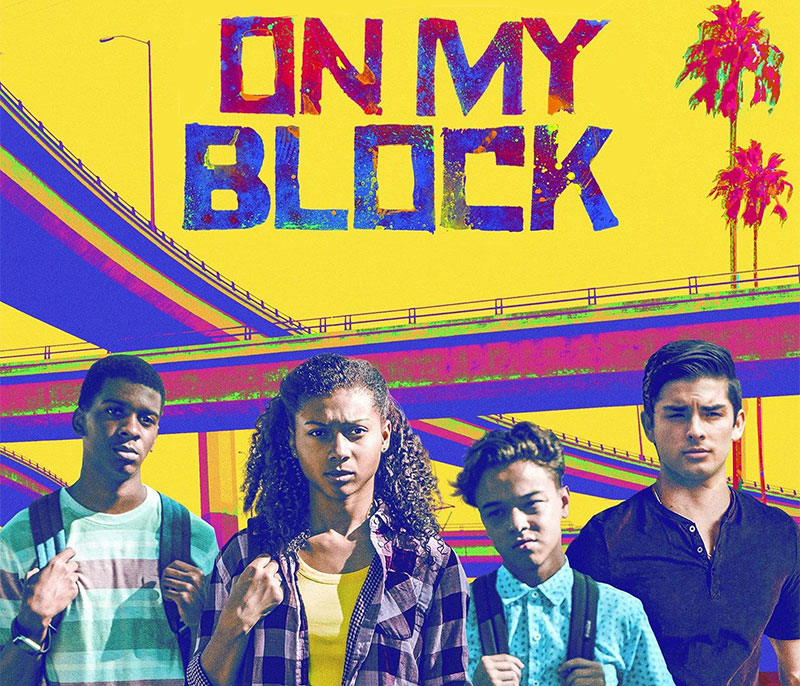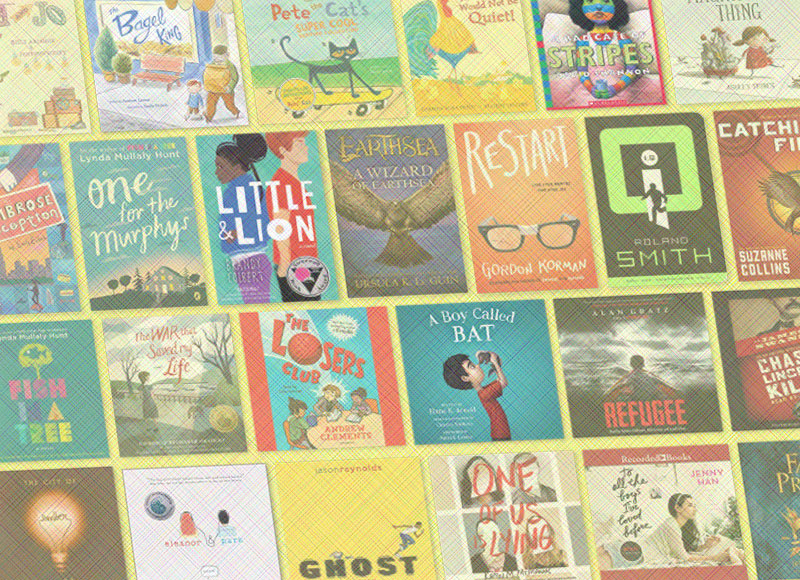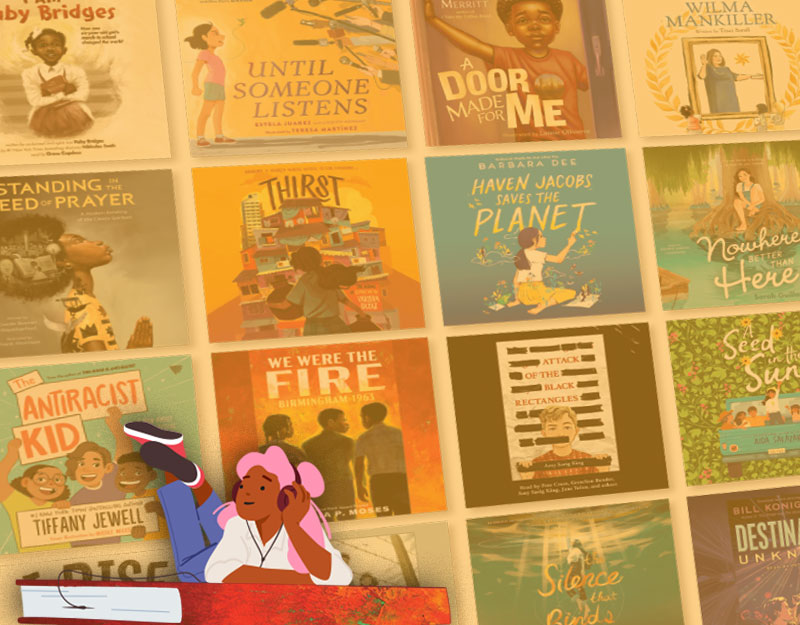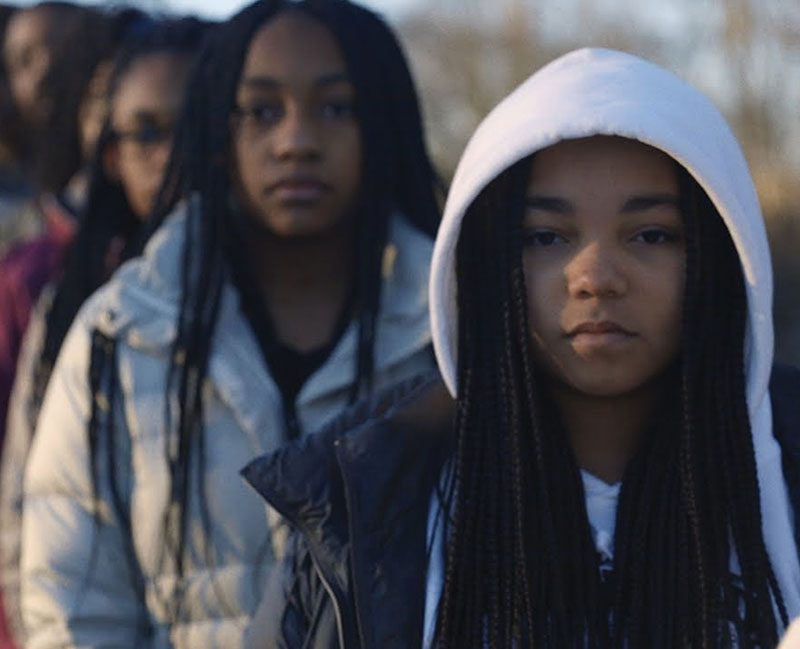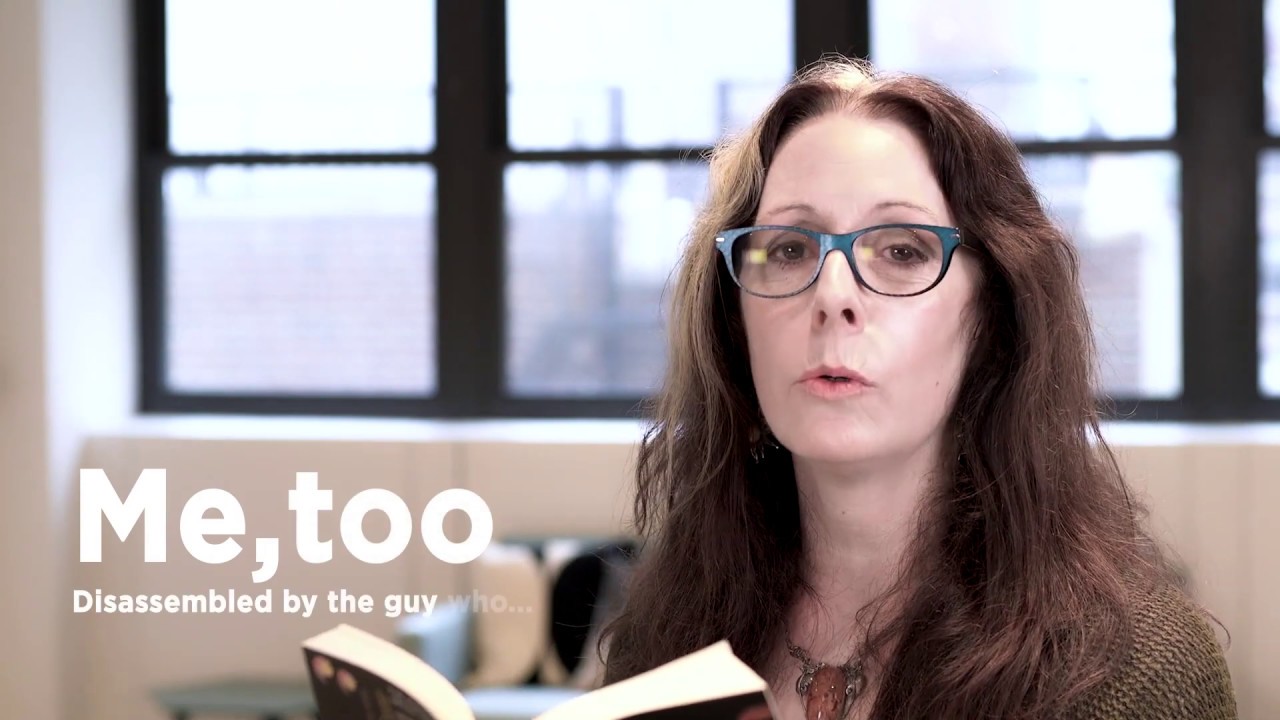Two Birds on a Line: An Interview with James Bird and His New Book, The Brave

I can’t speak for every author out there, but I know that when I walk into a new bookstore I like to meander my way to the children’s section to see if any of my books are on the shelves. And, if they are, who might be their companions there. My great good fortune is to have my book Funny Girl paired alongside the Penderwicks of Jeannie Birdsall on my right, but now it looks like I’ll have a new neighbor. James Bird is no relation to me, though he does share his name with my father-in-law. His new book, The Brave, looks at OCD and contemporary Native issues.
“Collin can’t help himself—he has a unique condition that finds him counting every letter spoken to him. It’s a quirk that makes him a prime target for bullies, and a continual frustration to the adults around him, including his father.
When Collin asked to leave yet another school, his dad decides to send him to live in Minnesota with the mother he’s never met. She is Ojibwe, and lives on a reservation. Collin arrives in Duluth with his loyal dog, Seven, and quickly finds his mom and his new home to be warm, welcoming, and accepting of his condition.
Collin’s quirk is matched by that of his neighbor, Orenda, a girl who lives mostly in her treehouse and believes she is turning into a butterfly. With Orenda’s help, Collin works hard to overcome his challenges. His real test comes when he must step up for his new friend and trust his new family.”
I asked Mr. Bird (it feels odd to write it that way) some questions about the book and about his process:
Betsy Bird: All right! Many thanks for talking with me today. Let’s get right down the meat of the matter. You’ve worked a number of years in the film industry and have movies like Eat Spirit Eat, Honeyglue, and We Are Boats to your name. But Directors don’t often make the crossover to writing for kids, so why the switch to penning a middle grade novel?
ADVERTISEMENT
ADVERTISEMENT

James Bird: Hi Betsy. I wish we could have done this in person. We’d have this chat sitting on a tree branch and we would call it ‘Two birds in a tree’. But times are strange, so we’re gonna have to do it online. Two birds on a line, maybe?
And to answer your question, I think at the core, we are all still children. Especially people who pursue creative fields. And as much as I love making movies, I really wanted to be a kid, write a kid’s book, and connect with young readers before all the grown-up things in life get in the way. If I can help a kid grow, or open a window in their mind that allows them to see the world differently, then I will feel like I am doing my part in making the world a better and more playful place to live in. Kids are the future, and I want to be a part of that and help them shape the future. Books change lives. They changed all of our lives. I want to continue that.
BB: See, if we’d done this on the phone we could have called it Two Birds on the Wire. Which dates me soooooo much. But I like the “Line” idea, so I’m going with that.
Now your wife Adriana Mather is a YA author in her own right (Hunting November, How to Hang a Witch, Haunting the Deep, etc.). Does that mean that you got her notes on the book all the way through the process or did you not show a word of it to her until it was completely finished?
JB: I actually did not let her read one word of The Brave until the first round of revisions, which is funny because she has me read every single chapter (multiple times) of her books before she hands them in. I guess opposites do attract.
BB: In addition to being a director you’re also a screenwriter. I’m
always interested in how the process of writing differs when you go
from something so dialogue based to a novel, which can be
comparatively introspective. Had you written books before or was this
an entirely new experience?
JB: This was a new experience for me. Screenwriting is like riding on a train. It goes in one direction, powerfully, track by track, from point A to point B. It’s a straight line. Eyes forward. You rely on the everyone else to fill in the blanks when it comes to details; aesthetic, wardrobe, acting, set design, hair, make up, etcetera.… But there is no train when writing a novel. You are on a horse. It’s an open field. You can go left, right, forward, and backward. You can go too slow or too fast. It’s very easy to get lost. It takes so much more focus to get where you want to go. You learn how to navigate as you move from chapter to chapter instead of track to track. I love it so much more than screenwriting because to tell the story from beginning to end, you are forced to only rely on yourself. It’s such a challenging journey. Writing a book is one of the greatest feelings I’ve ever had. By the end, you learn so much about yourself.
BB: Your main character Collin struggles with OCD and has been kicked
out of multiple schools. Is this something you’ve experienced yourself
or has someone close to you had OCD?
JB: When I was in school, I was moved to all the ‘slow’ classes. I had ‘learning disabilities’ and the teachers had no idea what to do with me. I didn’t count letters like Collin, but instead I would dissect the letters from all the words in an assignment and make my own sentences with them. I turned them into stories and I handed in those stories as homework. I turned my exams into stories, too, and hoped the teachers would enjoy them. They didn’t. I got awful grades because of this, but for me, the stories were always so much more important than algebra or chemistry. My brain refused to learn the way the rest of the class learned. I was always told I had a problem. But my mom said to ignore them and keep writing my stories. So that’s what I did.
BB: Collin is sent to live with his mother, who is Ojibwe and lives on a
reservation. You yourself are Ojibwe and, if I’m not too much
mistaken, your mom also raised you. To what extent has your
relationship with your mom informed the character of Collin and his
mother? And is this book semi-autobiographical or for the most part is
it fiction?
JB: Yes, I was raised by my mom. She raised three kids on her own. I never met my dad. She raised us all in Southern California and we grew up very poor. She left Minnesota on her own for a fresh start when she was young because at that time, being Native American in Minnesota was rough. She experienced a lot of racism growing up and wanted out as soon as she was old enough to live on her own. She headed for the most diverse melting pot she could think of, Hollywood. And even though her life continued to be difficult – she had very few possessions and sometimes, no place to call home — she did get the fresh start she hoped for. She taught me everything. And even though we didn’t have much, one thing we never had enough of were stories. She’d make up amazing, wild stories every night and those stories made life easier.
Collin is getting the Minnesota childhood I secretly wished for. And I am giving my mom, through Collin’s mom, a second chance at having the life she deserved. She loves Minnesota so much, just not the people she grew up with, and dreams of one day going back to reconnect with our Ojibwe family. This book was my way of doing that for her. And me.
BB: Has your mom read the book? What did she think of it?
JB: My mom just received her copy of the book. She lives with my eleven-year-old niece, Penny, in Nevada, so I think Penny is reading it first. Since there is no school due to Covid19, my mom and sister are having Penny read the book as homeschool homework.
ADVERTISEMENT
ADVERTISEMENT
BB: There’s been a lot of talk about representation in children’s
literature and how few Indigenous voices you get in middle grade.
Truthfully, I could count on one hand the number of contemporary
novels for kids starring Native kids by #ownvoices authors I’ve seen
in the past three or four years. Ideally, what would you like to see
happen with this book?
JB: What I’d love to see happen is for Native American stories to be taught and told in schools. I find it strange that here in America, where the Native Americans are from, indigenous culture and history is barely taught and discussed in our school system. Kids should know who was here before the European invasion. And more importantly, kids should know that we are still here. Still telling our stories. When I was in school, all we learned about Native people was they were merciless savages that the US cavalry had to tame or kill. Now that I am older and wiser, I know that what I was taught couldn’t be further from the truth. I hope my book gives people a glimpse into my culture so they can see how magical, funny, and loving we are.
BB: Okay, million dollar question to round it all out. What are you
working on next?
JB: My next novel is called The Chief and The Thief. It’s also Own Voices and it’s also middle grade. I think I discovered the fountain of youth because as I get older, by writing children’s stories, I honestly feel like I am getting younger. And who knows, maybe by book six or seven, I’ll be a kid again. Playing in my room, writing magical stories and never getting old. Because living a life full of magic is very important. And important stories never get old.
Well, I must say that it’s a pleasure to speak to someone with such a fine and outstanding last name. Thank you, James, for spending some time with me. And thanks to Madison Furr of Macmillan for setting this up.
Filed under: Interviews
About Betsy Bird
Betsy Bird is currently the Collection Development Manager of the Evanston Public Library system and a former Materials Specialist for New York Public Library. She has served on Newbery, written for Horn Book, and has done other lovely little things that she'd love to tell you about but that she's sure you'd find more interesting to hear of in person. Her opinions are her own and do not reflect those of EPL, SLJ, or any of the other acronyms you might be able to name. Follow her on Twitter: @fuseeight.
ADVERTISEMENT
ADVERTISEMENT
SLJ Blog Network
2024 Books from Pura Belpré Winners
Winnie-The-Pooh | Review
Parsing Religion in Public Schools
Finding My Own Team Canteen, a cover reveal and guest post by Amalie Jahn
ADVERTISEMENT



